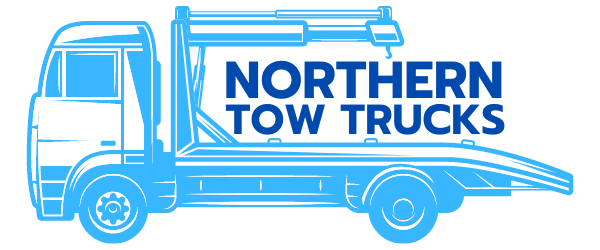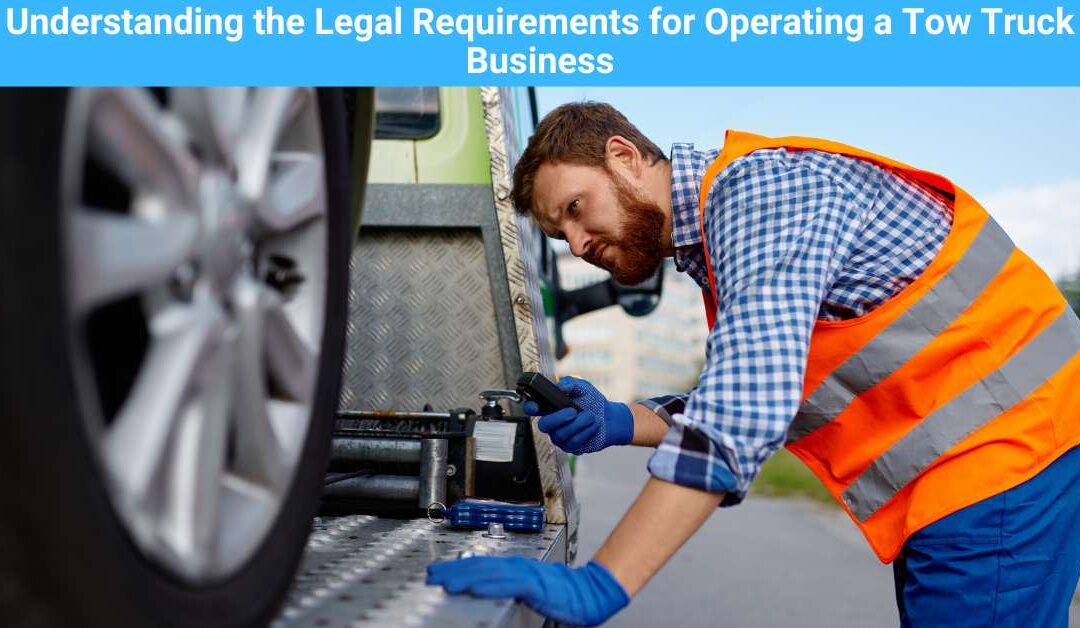Starting and operating a tow truck business requires more than just having the right equipment and drivers. There are various legal requirements, permits, and industry regulations that businesses must follow to operate lawfully and avoid penalties. Understanding these legal obligations is essential for ensuring compliance, maintaining a reputable business, and providing safe and reliable services to customers.
Licensing and Business Registration
Before launching a tow truck business, operators must register their business with the appropriate local and state authorities. This includes obtaining a business license and selecting a legal structure, such as a sole proprietorship, partnership, or corporation. Additionally, many regions require a special towing license or permit for tow truck operators, which may involve background checks and passing an exam to demonstrate industry knowledge.
Vehicle and Driver Requirements
Tow trucks must meet specific safety and operational standards set by transport authorities. This includes regular vehicle inspections, proper signage, and compliance with weight limits. Additionally, tow truck drivers must hold the correct class of driver’s license, such as a commercial driver’s license (CDL) for heavy-duty towing. Some states also require drivers to complete training and certification programs to ensure they understand proper towing techniques and safety procedures.
Insurance Coverage for Tow Truck Businesses
Insurance is a critical legal requirement for tow truck companies. Standard coverage includes liability insurance, commercial auto insurance, and workers’ compensation for employees. Additional coverage, such as on-hook towing insurance (which protects vehicles while they are being towed) and garagekeepers insurance (which covers damages to vehicles stored on business property), may also be necessary. Proper insurance coverage protects the business from financial risks in the event of accidents, vehicle damage, or legal claims.
Compliance with Towing Laws and Regulations
Towing businesses must adhere to laws governing towing practices, including how vehicles are towed, where they can be stored, and how customers are charged. Some jurisdictions have strict regulations on private property towing, requiring clear signage and proper authorization before towing a vehicle. Additionally, laws may dictate the maximum towing fees, customer notification procedures, and vehicle release protocols to prevent unlawful towing practices.
Handling Consumer Rights and Dispute Resolution
Towing businesses must operate transparently and fairly, ensuring customers understand their rights. Providing clear pricing, issuing receipts, and following proper procedures for releasing towed vehicles can prevent disputes. If disagreements arise, businesses should have a structured process for handling complaints and working with regulatory agencies to resolve issues.
Conclusion
Operating a tow truck business requires careful attention to legal requirements, including proper licensing, vehicle and driver compliance, insurance coverage, and adherence to towing laws. Staying informed about local and state regulations ensures a smooth and legally compliant operation. By following these guidelines, tow truck businesses can build a trustworthy reputation while avoiding costly legal troubles.
Northern Tow Trucks
620 Canning St
Carlton North VIC 3054
(03) 7064 2500

